After the closing arguments, the T-Mobile/Sprint merger case leans towards a deal block

During Wednesday's closing arguments, lawyers for T-Mobile and Sprint presented their case in the state AG trial against their merger, and we are a few weeks away from the verdict. US Judge Victor Marrero, however, didn't ask a single question during the four-hour marathon, say New Street analysts who gained access to the trial in the hope that his comments or questions would point them towards his eventual opinion.
Previously, they have been sceptical about the merger chances in its current state of affairs, and the laconic judge didn't help dissuade that conviction. Wall Street analysts are also now bearish on the chances of a New T-Mobile forming from the ashes of Sprint, and this has been indicated in the record spread between the carriers' stock prices.
Sprint is trading at more than 40% discount to the price that T-Mobile is prepared to pay for it in the now-$34 billion merger, much to the chagrin of John Legere, who is stepping down as T-Mobile CEO in the spring. With his usual positive outlook, he issued the following tweet at closing day:
We’re excited to get to work bringing #NewTMobile to life -- creating REAL benefits for our customers & bringing more positive changes to wireless and beyond! Key info: https://t.co/szV2VJEcxw
— John Legere (@JohnLegere) January 15, 2020
Optimism, however, is not enough of a superpower in court, and after sitting for the good portion of the day in court, New Street analyst Blair Levin issued a memo (subscription req'd) to clients, obtained by Fierce Wireless, breaking down the real possibilities of a merger to go through. First, Blair's recap of how the final day in court went, according to his impressions:
While we think the decision will ultimately depend on how the judge views the DISH fix, most of the arguments were about other issues, such as market definitions, efficiencies, and who has various burdens of proof. There was also a lot of discussion of a non-public session in which Ergen discussed the DISH business plan and potential strategic partners, which is a wild card in our analysis, as it could prove important but we have no way to know what really happened. The lawyers for both sides cited metaphors the judge mentioned during the trial.
The metaphors in question may sound funny to anyone who is not initiated in the court's lingo - the state AGs' lawyer referred to T-Mobile as the "flower child" that turned into an investment banker, while the judge likened it to Rocky.
The carrier's attorney grabbed the reference and made the "T-Mobile is becoming Rocky and stepping into the ring with its larger competitors and developing a new punch" sentence with it. Fun for the whole family.
However, California and New York's Attorney Generals Xavier Becerra and Letitia James, who are tasked with representing all the state attorneys against the merger in the trial, got out of it with a final statement after the closing arguments that read:
There should be no question now: this attempted megamerger would thwart competition in the telecom market and harm consumers from California to New York, and everywhere in between. At trial, we have repeatedly demonstrated the dramatically increased market concentration that would result if T-Mobile and Sprint were to merge.
Right now, Sprint and T-Mobile compete intensely with each other on price, features and quality, he added. That's competition we can't afford to lose. The costs to consumers and our economy would be palpable. Our coalition of 14 state attorneys general stands strongly opposed to the megamerger for the sake of protecting choice and competition for all Americans, and we’re confident the law is on our side.
Right now, Sprint and T-Mobile compete intensely with each other on price, features and quality, he added. That's competition we can't afford to lose. The costs to consumers and our economy would be palpable. Our coalition of 14 state attorneys general stands strongly opposed to the megamerger for the sake of protecting choice and competition for all Americans, and we’re confident the law is on our side.
In the so-called "findings of fact" submitted to the judge beforehand, the Attorney Generals have the upper hand, according to Mr Levin, as they have managed to demonstrate that the FCC and DoJ went with "what appears to be only a cursory examination" of the merger's conditions. They rightfully argue in one of the closing arguments that "the population of the plaintiff states is almost twice as large as the population of the states that have joined the DoJ settlement approving the merger," and thus their own impact research has more weight than the Department of Justice one.
Even DoJ's own 15-month investigation concluded that there will be significant sinergies of scale and efficiencies achieved post-merger, but also concluded that the deal would essentially stifle competition, too. When it comes to the FCC, its approval was also thrown under the bus by the states' attorney who argued that the much-touted divestment of Boost and Virgin to Dish may never materialize as a serious competitor, as some of the FCC's conditions are actually pending with no enforcement power.
All in all, most analysts who read the closing statements and followed the trial to the end, have deduced that the legal arguments of the 14 State Attorney Generals are superior to the ones that the carriers have put forward.
However, it's ultimately up to Judge Marrero to decide whether he wants to basically scratch the work of over a hundred FCC and DoJ staffers who worked hard on securing the conditions under which the merger can proceed forward. The decision can't come soon enough, and, as usual, John Legere is optimistic about it.
T-Mobile CEO feels 'very confident' about Sprint merger https://t.co/bbbNcmw45o
— PhoneArena (@phonearena) January 17, 2020
Follow us on Google News


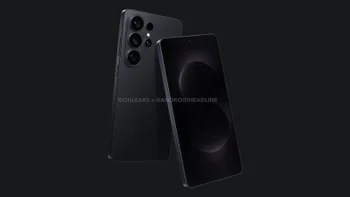

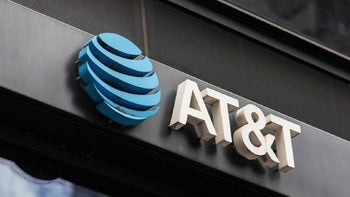
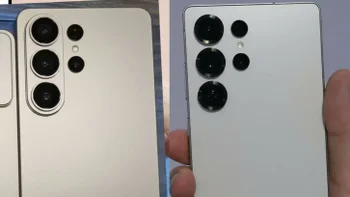
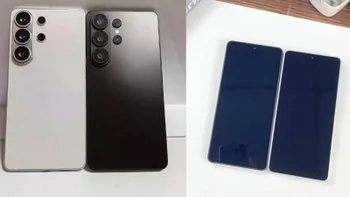
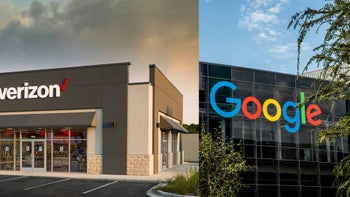






Things that are NOT allowed:
To help keep our community safe and free from spam, we apply temporary limits to newly created accounts: